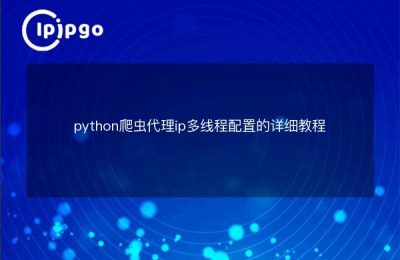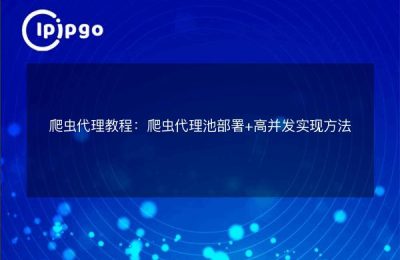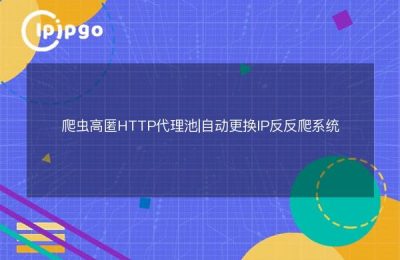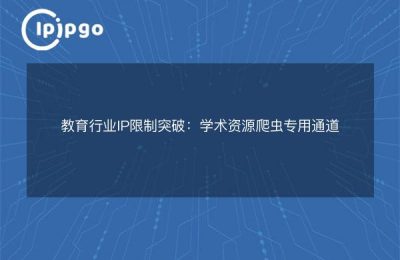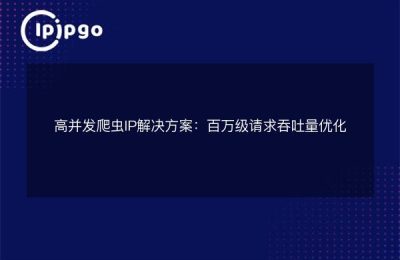
When data collection crashes into image CAPTCHA, how does proxy IP break the ice?
In the process of deep learning model training, the most headache problem when collecting massive data is encountering website CAPTCHA interception. Especially dynamically generated image CAPTCHA, which can not be cracked with fixed rules, but also significantly reduces the collection efficiency. In this paper, we will share a set of low-cost and high success rate solutions from the perspective of proxy IP in practice.
First, why is the CAPTCHA always on your crawler?
The website is accessible throughBehavioral Characteristics Recognition + IP Request FrequencyDual mechanism to judge the crawler: When a single IP initiates a large number of requests in a short period of time, or when regular clicking behavior occurs, the CAPTCHA mechanism will be triggered. The traditional single IP rotation program requires frequent IP replacement, which increases the cost and affects the collection efficiency.
II. The core working principle of distributed agent pools
We useThree-tier architecture design::
1. Scheduling node: automatic allocation of IP resources in different geographical locations
2. Authentication node: real-time detection of IP availability and frequency of CAPTCHA occurrence
3. Execution nodes: allocation of specific acquisition tasks through multithreading techniques
| Agent Type | Applicable Scenarios | Recommended Programs |
|---|---|---|
| Dynamic Residential IP | High-frequency CAPTCHA scenarios | ipipgo smart rotation pool |
| Static Data Center IP | Low-frequency CAPTCHA scenarios | ipipgo fixed IP package |
Third, ipipgo's four major practical advantages
Our real-world testing found that ipipgo'sResidential IP Resource PoolOutstanding performance in dealing with CAPTCHAs:
- 90 million+ real home IP resources, each IP available for up to 4 hours
- Automatically matches IP segments of geographic locations of target websites
- Supports rapid rotation mode with 500+ IPs switching per second
- Unique request interval randomization algorithm to simulate the rhythm of human operation
Four, three steps to build a distributed agent pool (in Python, for example)
Step 1: Configure proxy access
Use the API provided by ipipgo to get a list of dynamic proxies, it is recommended to set it to update automatically in 5 minutes: "`python import requests proxies = requests.get("https://api.ipipgo.com/v1/ pool?token=YOUR_KEY&type=dynamic") "`
Step 2: Captcha Trigger Monitoring
Implant a random delay parameter in the request header to automatically switch IP groups when CAPTCHA appears 3 times in a row: "`python headers = { 'User-Agent': random.choice(user_agents), 'Delay': str(random.randint(1,5)) }"`
Step 3: Distributed tasking
Multi-node task distribution using the Celery framework, with each subtask bound to a separate IP segment: "`python @app.task def crawl_task(url): with ipipgo.proxy_rotation() as proxy: return requests .get(url, proxies=proxy) "`
V. Frequently asked questions
Q: Will the proxy IP affect the collection speed?
A: The latency of ipipgo's backbone network nodes is controlled within 200ms, and it is measured that when 100 threads are enabled, the collection speed is 17 times higher than that of a single IP.
Q: What should I do if I encounter complex slider validation?
A: It is recommended to enable ipipgo'sGeolocation Binding FunctionIn addition, specific IP segments are fixed for pages that require human verification, which reduces the probability of triggering in conjunction with automated testing tools.
Q: How do you control costs?
A: Use ipipgo's free trial package to test the CAPTCHA triggering threshold of the target website first, and then choose the on-demand billing model. Usually set the request interval of 2-3 seconds, the monthly cost can be controlled within $300.
VI. Notes on bypassing CAPTCHA
- Avoid centralized visits during peak times (suggested use of ipipgo's timed task feature)
- Different pages use different UA header + IP combinations
- Monitoring statistics on the frequency of CAPTCHA appearances, dynamic adjustment of the strategy
ipipgo recently went onlineIntelligent Risk Control Avoidance Model, automatically identifies the protection strategy of target websites through machine learning. Used in conjunction with a distributed proxy pool, it can reduce the CAPTCHA occurrence rate by more than 80%. Register now to also receive free request credits, especially for users who need long-term data collection.

